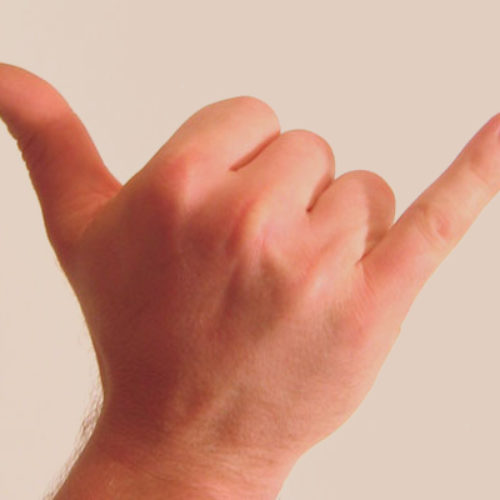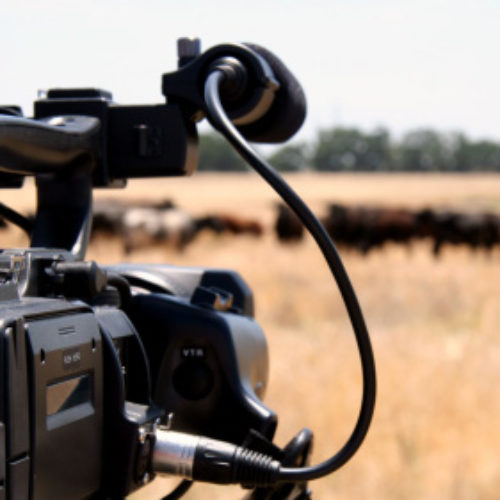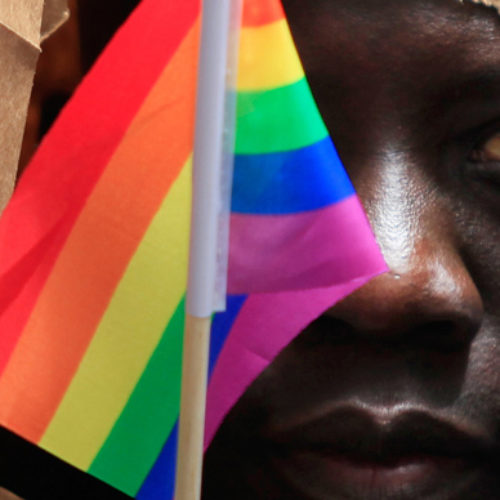That Piece About The Psychology of Hateful Words
Originally published on advocate.com
Remember as a kid when you got teased at school or by a sibling, maybe the neighborhood bully? They would say something only the dark and twisted mind of an 8-year-old could conjure, something like “You have doo-doo breath” or “You’re dumb.” Whenever we fell victim to such heartless comments, we would be told by harried adults, “Just remember, sticks and stones may break your bones, but words will never hurt you.” This little poem worked once. And only once. After that, the more imaginative bullies learned to go for the throat. That’s when we learned that the real poem went like this: “Sticks and stones may break my bones, but words can make me cry in the corner for hours.” It’s a lesson we learned the hard way, and we ourselves learned to utilize to full effect. Every last one of us learned how to use words with certain folks to essentially drive a stake through their heart and to twist any knife we dug into them.
I have a complicated relationship with words. I understand how words can be microaggressions — and that says a lot, since I’m not the biggest fan of critical studies. I also know that words come with multiple meanings and are reliant on context, which is why the reaction to Quentin Tarantino’s drunken use of the word “ghetto” at the Golden Globes perplexed me. I also know how important word choice can be. Hence the reason I always use quantifiers like “some,” “many,” and “most” as accurately as possible to reflect the number of people I’m talking about. Word choice also matters when you’re trying to communicate how you feel and what you think on a particular subject.
When Barry Humphries, famous for his Dame Edna character, said in an interview with the Daily Telegraph that Caitlyn Jenner and other trans women were “mutilated men,” it gave one pause, especially after Humphries called Jenner “an attention-seeking ratbag.” In Australian slang, “ratbag” is a stupid, eccentric, or disagreeable person, which is a really interesting phrase coming from a man who made a career playing a rather outlandish drag character, something many would call eccentric. However, the word that is most striking is the choice of “mutilated.” In the Merriam-Webster dictionary, “mutilate” means “to cut up or alter radically so as to make imperfect.” This word is interesting in that most psychologists would tell you that trans people feel that their bodies are already imperfect, so already a level of ignorance is in evidence.
Secondly, the definition implies a level of malevolence; that the speaker is implying that something they already were happy with is now damaged and ruined. It implies that people like Humphries as well as Germaine Greer, who he was agreeing with in the article, feel that trans women are damaging and rendering imperfect something they already found whole and perfect — in this case, their idea of gender and sexuality.
What Greer and Humphries are saying is that trans women are destroying their view of human gender expression. I know this sounds Freudian, but there is a psychology to words. In the case of Greer and Humphries and anyone else who feel that trans women (it’s never trans men, it seems) are mutilating themselves, they are implying that their view of gender and sexuality is reliant on anatomy — that anatomy defines who we are and nothing else. It’s especially telling in Humphries’s case as he has made no small amount of money and fame on playing fast and loose with gender presentation. What it shows is a very narrow, very backward understanding of the human mind. It honestly is the definition of ignorance.










3 Comments
ambivalentone
February 04, 07:44Hmmm!!! I see a connection. I hope it works
Max 2.1
February 04, 15:14The average ignoramus thinks they’re better than transgender people.
sensei
February 05, 00:50That ended quite abruptly. Was expecting more on the psychology of hateful words…